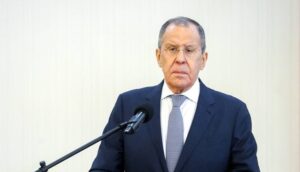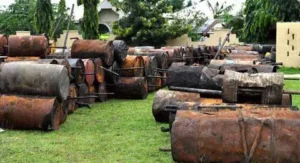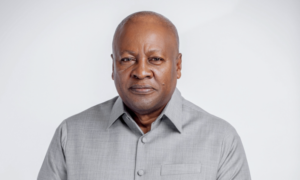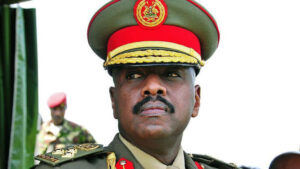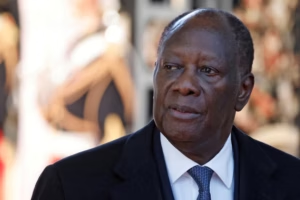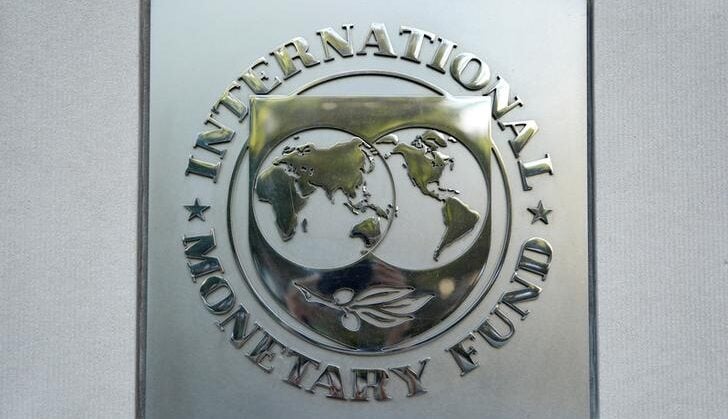
Government will need to maintain radical economic reform to honor the arrangement with the IMF, say financial experts.
The IMF made a $600m payment to Ghana on Wednesday – the first of a $3bn extended credit facility (ECF) agreement between the government and the multilateral organisation.
But whether this will keep the IMF at bay for the long term will depend on adhering to strict fiscal measures to keep the country‘s debt in check.
This is the 17th arrangement between the IMF and Ghana since 1966.
“The [success of this] deal is dependent on Ghana living responsibly,†says Franklin Cudjoe, CEO of think tank IMANI Africa.
“This is not just about access to the international market to borrow again. It is essential to ensure that we keep our house in order,†he says.
James Dzansi, a country economist for the International Growth Center, says: “This [IMF deal] should give Ghana the encouragement to do the hard work because we have no other choice.
“We‘ve not been able to discipline ourselves in the past because most times that the IMF left us on our own, we got it wrong.â€
After much hesitation and hitting the wall with its proposed domestic economic recovery plan, Ghana made a U-turn and announced its decision to apply for an IMF programme in July 2022.
At the time, the country had witnessed its worst financial crisis in decades, having lost access to the international capital markets.
Inflation hovered at around 50% – the highest in 21 years – and the cedi depreciated more than 54% against the US dollar by the end of November 2022.
The central bank said Ghana‘s public debt stood at GH¢402.4bn ($36bn) as of July 2022 representing 68% of the GDP with the World Bank describing Ghana as a high debt distress country. The situation triggered two mass protests, including the #FixTheCountry demonstration.
The controversial Domestic Debt Exchange (DDE) programme was introduced in the last quarter of 2022, which saw local bonds exchanged for new ones with extended maturity dates and reduced coupon rates.
The country was also tasked with renegotiating $28.5bn worth of international debt to help bring its finances under control.
After announcing the suspension of payments on most of its foreign debts in December, Ghana this week received assurances from the official creditor committee – made up of countries with eligible claims and co-chaired by China and France.
The IMF staff-level agreement was also reached in December.
“It has been a long journey and a lot of work. This is an important milestone and I think the ministry and the government have done a lot of work to get this approval,†Dzansi says.
Since last week, the Ghanaian economy witnessed a rebound, from trading at about GH¢12 to the US dollar, the local currency is now trading around GH¢11.
“This development brings some temporary relief in terms of the credibility that the IMF brings, and we ‘ve started seeing some impact in terms of the [strong] currency performance,†Cudjoe says.
Before reaching the final hurdle of securing the IMF deal, there were calls for the introduction of new austerity measures, including the reduction in the size of the government and additional taxation.
According to the IMF, the structural reforms expected under the program will be in the areas of tax policy, revenue administration, and public financial management, as well as steps to address weaknesses in the energy and cocoa sectors.
Ghana has increased VAT by 2.5% and parliament enacted and amended five laws affecting individual and business taxpayers, including introducing a withholding-tax rate on the realization of assets and liabilities as well as lottery winnings.
“The government may introduce a few more taxes and clearly it may be a bit more biting. Already the Public Utilities and Regulatory Commission has hiked electricity tariffs by about 18%,†Cudjoe says.
